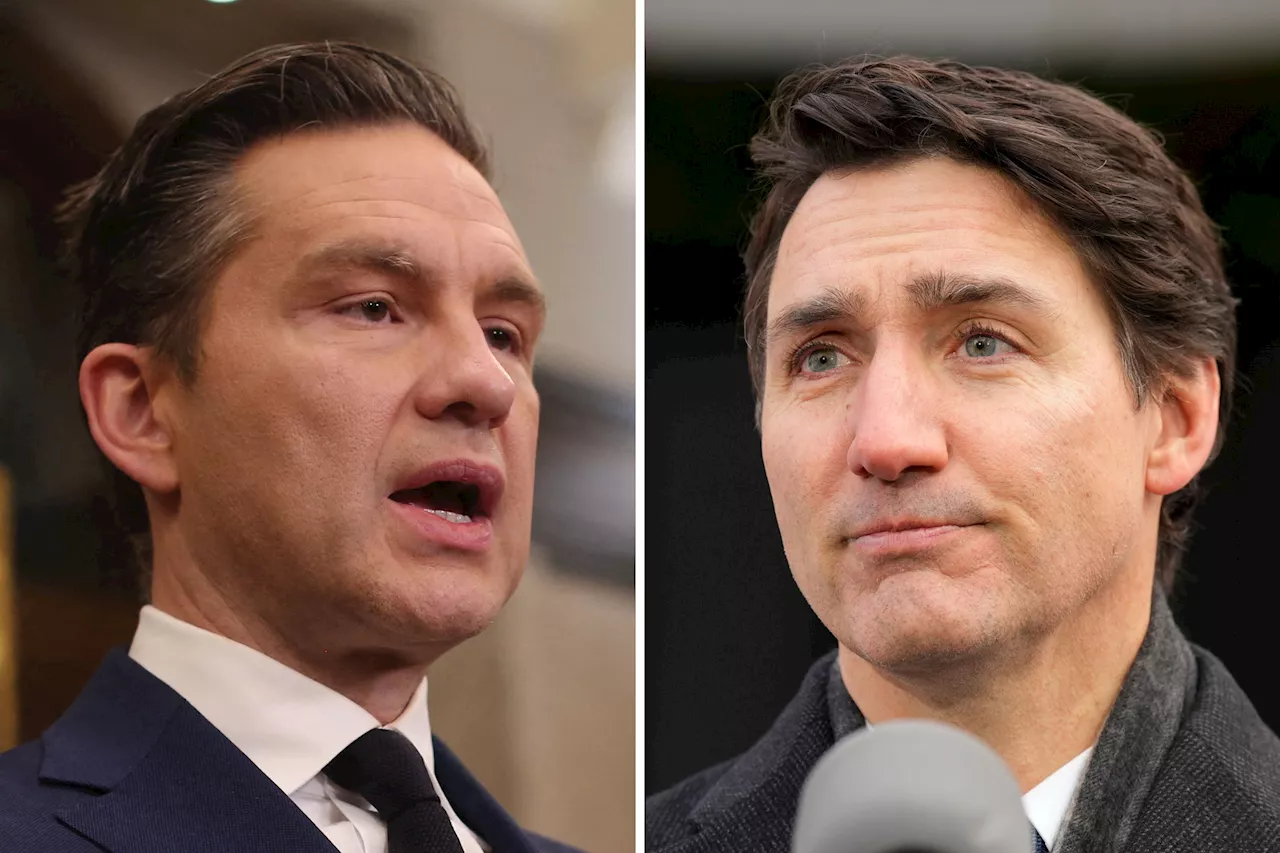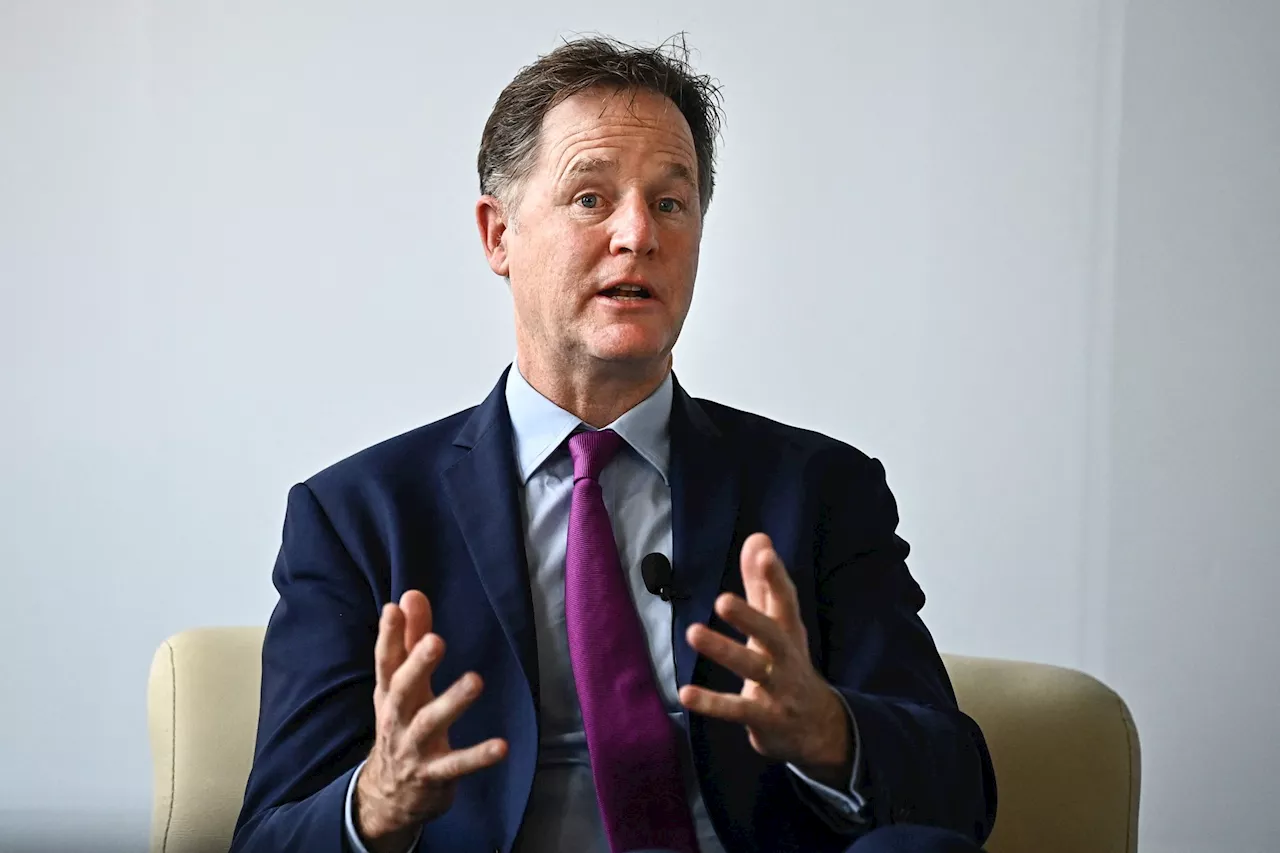Despite recent setbacks and withdrawals from ESG initiatives by major financial institutions, a closer look reveals that their commitment to ESG principles remains strong. The text argues that these institutions are engaging in superficial changes rather than abandoning their core ESG agenda.
Over the past 18 months, the Environmental , Social , and Governance ( ESG ) agenda has experienced setbacks in corporate diversity, equity, and inclusion ( DEI ) programs, declining investment dollars, and the dissolution of the Net-Zero Insurance Alliance. Just last month, major banks withdrew from net-zero alliances, and Meta dismantled many of its DEI programs. ESG appears to be unraveling. But don't be fooled.
A closer examination of what the banks have said reveals that they remain dedicated to ESG financing. Many of the publicized changes are superficial or cosmetic rather than indicative of a fundamental philosophical shift. Dozens of Fortune 500 companies, including McDonald's and Walmart, representing trillions of dollars in market capitalization and millions of employees, rolled back or eliminated their DEI programs in 2024. ESG-labeled investment funds have experienced significant cash outflows over the past two years. And the incoming administration has pledged to remove DEI from federal agencies.DEI is likened to a woke IED for the left's war against our military. We must defuse it. The Net-Zero Insurance Alliance has crumbled with the mass exodus of insurance companies over the past year and a half, as many state attorneys general expressed concerns that participating in such an alliance might violate antitrust and anti-collusion laws. U.S. states have withdrawn billions of dollars from Blackrock due to concerns about ESG. These changes are welcome corrections to the flawed and deeply ideological goals of ESG advocates. The latest dominoes to fall are large American financial institutions. Goldman Sachs, Wells Fargo, Citigroup, Bank of America, and JP Morgan have all withdrawn from the global Net-Zero Banking Alliance. Even Blackrock, once a vocal proponent of ESG, withdrew from the Net Zero Asset Managers Initiative. While this may appear consistent with other rollbacks of ESG, cynicism is warranted. Examining the press releases from these large financial institutions reveals their unrepentant stance and continued commitment to net-zero goals. For instance, Goldman stated, 'Our priorities remain to help our clients achieve their sustainability goals and to measure and report on our progress.' Citigroup was even more direct: 'we remain committed to reaching net zero.'Blackrock has been the most explicitly unrepentant. 'ur memberships in some of these organizations have caused confusion… and subjected us to legal inquiries… does not change the way we develop products and solutions for clients or how we manage their portfolios.' Translation: 'We simply want to distance ourselves from problematic public relations, but we are not altering a single aspect of our business operations.' The actions taken by these major banks seem to mimic Blackrock CEO Larry Fink's strategy of avoiding the term 'ESG' because it has become a politically charged issue, while remaining dedicated to 'sustainability.' Blackrock continues to heavily invest in green infrastructure and renewable energy projects. This is acceptable if their clients explicitly request such investments. However, as American Airlines discovered last week, pension fund managers have a fiduciary obligation to pursue the best financial returns for their clients and can be held accountable for utilizing the funds they manage for other purposes. While superficial progress has been made with U.S. financial institutions withdrawing from destructive global net-zero alliances, their sincerity regarding genuine change is questionable. This should not be surprising given that bank personnel have not undergone significant transformations. Nor do we observe evidence of a change of heart concerning ESG. Instead, they appear concerned about public pressure and criticism from the incoming federal administration and state government officials. Withdrawing from these alliances also grants them greater leeway to signal net-zero intentions without being obligated to deliver on them by a fixed date. But if ESG policy was distracting and detrimental before, it remains so now. Ideological ESG priorities detract from companies' ability to function effectively and benefit their contractual stakeholders. Companies already face challenges in being profitable without pursuing various social justice priorities. Banks would be better served by clarifying their commitment to maximizing shareholder value and conducting business with everyone. Pursuing long-term profitability successfully benefits shareholders, employees, suppliers, and customers. Most corporations, especially the unrepentant financiers, need to purge their human resources departments to focus on value creation rather than racial identity politics or costly virtue-signaling on environmental and social issues
ESG Environmental Social And Governance DEI Diversity Equity And Inclusion Net-Zero Financial Institutions Shareholder Value Sustainability
United States Latest News, United States Headlines
Similar News:You can also read news stories similar to this one that we have collected from other news sources.
 Poilievre Criticizes Trudeau's Resignation as SuperficialCanadian Prime Minister Justin Trudeau's resignation has been met with criticism from Conservative leader Pierre Poilievre, who calls it a superficial move that won't address Canada's systemic challenges.
Poilievre Criticizes Trudeau's Resignation as SuperficialCanadian Prime Minister Justin Trudeau's resignation has been met with criticism from Conservative leader Pierre Poilievre, who calls it a superficial move that won't address Canada's systemic challenges.
Read more »
 Don't fall for the censorship industrial complex's superficial makeoverMeta CEO Mark Zuckerberg is smart to shake up leadership ahead of the Trump inauguration, but it hardly means the censorship industrial complex is done.
Don't fall for the censorship industrial complex's superficial makeoverMeta CEO Mark Zuckerberg is smart to shake up leadership ahead of the Trump inauguration, but it hardly means the censorship industrial complex is done.
Read more »
 Heidi Montag Gets Download Spike on ‘Superficial’ Album After Losing Home in Los Angeles FiresHeidi Montag's album and song 'Superficial' tops iTunes charts after download spike from fans supporting Montag and Spencer Pratt after L.A. fires.
Heidi Montag Gets Download Spike on ‘Superficial’ Album After Losing Home in Los Angeles FiresHeidi Montag's album and song 'Superficial' tops iTunes charts after download spike from fans supporting Montag and Spencer Pratt after L.A. fires.
Read more »
 Heidi Montag's 2010 Album 'Superficial' Hits No. 1 on iTunes ChartsHeidi Montag's 2010 album 'Superficial' has unexpectedly reached the top spot on iTunes' all-genre songs and albums charts, 15 years after its release. This surge in popularity comes after Montag and her husband Spencer Pratt lost their home. Pratt urged fans to stream Montag's music, attributing the success to the outpouring of support. The album's re-emergence has also led to significant increases in streaming numbers on Apple Music.
Heidi Montag's 2010 Album 'Superficial' Hits No. 1 on iTunes ChartsHeidi Montag's 2010 album 'Superficial' has unexpectedly reached the top spot on iTunes' all-genre songs and albums charts, 15 years after its release. This surge in popularity comes after Montag and her husband Spencer Pratt lost their home. Pratt urged fans to stream Montag's music, attributing the success to the outpouring of support. The album's re-emergence has also led to significant increases in streaming numbers on Apple Music.
Read more »
 Heidi Montag's 2010 Album 'Superficial' Reaches No. 1 on iTunes After 15 YearsHeidi Montag's 2010 album 'Superficial' has unexpectedly topped the iTunes charts 15 years after its release. The surge in popularity is attributed to a recent plea from Montag and her husband, Spencer Pratt, on social media for fans to stream her music after they lost their home in a fire.
Heidi Montag's 2010 Album 'Superficial' Reaches No. 1 on iTunes After 15 YearsHeidi Montag's 2010 album 'Superficial' has unexpectedly topped the iTunes charts 15 years after its release. The surge in popularity is attributed to a recent plea from Montag and her husband, Spencer Pratt, on social media for fans to stream her music after they lost their home in a fire.
Read more »
 Heidi Montag's 2010 Album 'Superficial' Hits No. 1 on iTunes 15 Years LaterHeidi Montag's 2010 album 'Superficial' has unexpectedly reached the No. 1 spot on iTunes' all-genre songs and albums charts fifteen years after its release. This surge in popularity coincides with Montag and her husband Spencer Pratt losing their home. Pratt actively encouraged fans to stream Montag's music on all platforms to boost the album's chart performance.
Heidi Montag's 2010 Album 'Superficial' Hits No. 1 on iTunes 15 Years LaterHeidi Montag's 2010 album 'Superficial' has unexpectedly reached the No. 1 spot on iTunes' all-genre songs and albums charts fifteen years after its release. This surge in popularity coincides with Montag and her husband Spencer Pratt losing their home. Pratt actively encouraged fans to stream Montag's music on all platforms to boost the album's chart performance.
Read more »
